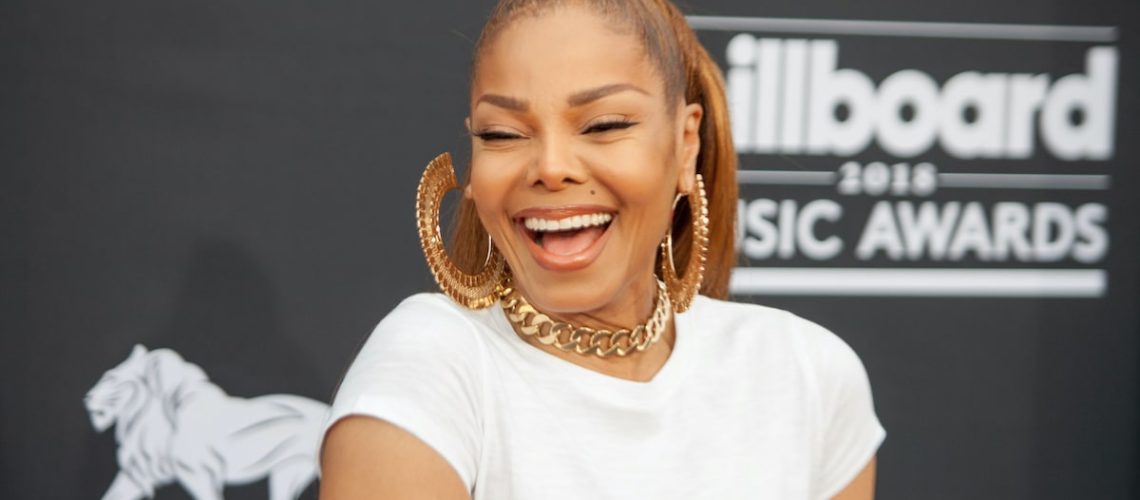Pop icon Janet Jackson recently found herself at the center of controversy following statements she made regarding Vice President Kamala Harris’s racial identity. In a now widely discussed interview with The Guardian, Jackson referenced conspiracy theories circulating in certain right-wing circles, suggesting that Harris is “not Black.” The comments came just weeks before the 2024 presidential election, during which Harris is running as the Democratic nominee.
Right-Wing Conspiracy Echoed
During the interview, published on September 20, 2024, Jackson commented on claims that Harris’s father, Donald Harris, has white ancestry, which some conspiracy theorists have used to question the vice president’s Black identity. While Harris identifies as both Black and South Asian, critics have long questioned her racial identity, often focusing on her mixed heritage. Jackson, in the interview, mentioned hearing “they”—without specifying who—say that Harris is not Black.
This remark echoed past attempts by some right-wing groups to delegitimize Harris’s identity and appeal to African American voters by sowing doubt about her racial background. While Harris’s mother, Shyamala Gopalan, was of Indian descent, her father is of Jamaican heritage, and Harris herself has consistently identified as a Black woman. Despite this, Jackson’s comments have amplified baseless claims in certain political corners that Harris’s racial background somehow disqualifies her from claiming Black identity.
Reaction and Backlash
The reaction to Jackson’s comments was swift. Many political commentators and social media users criticized the singer for perpetuating harmful and divisive rhetoric, especially given the long-standing history of questioning Black politicians’ racial identities. Prominent voices within the Black community quickly came to Harris’s defense, pointing out the dangers of such conspiracy theories.
For example, political strategist and activist Symone Sanders-Townsend took to Twitter to express her disappointment, stating, “Kamala Harris has proudly carried the banner for Black women in politics for years. These attempts to question her identity are not only false but harmful to all women of color.”
In addition to online backlash, civil rights organizations expressed concern over the resurfacing of these conspiracy theories. NAACP President Derrick Johnson issued a statement condemning the rhetoric: “Questioning Vice President Harris’s racial identity is not just an attack on her but on the entire Black and brown community. We cannot allow these divisive tactics to persist.”
Jackson’s Response
Following the uproar, an apology was issued on Jackson’s behalf, but the pop star quickly distanced herself from it, claiming that the statement was unauthorized and had not come directly from her or her team. This fueled even more debate, as Jackson did not directly retract her remarks or clarify her stance further. The lack of a formal apology or clarification left some wondering whether the remarks were truly reflective of her personal beliefs or simply a misunderstanding.
Media outlets attempted to reach Jackson for further comment, but her representatives declined to provide additional information. Meanwhile, discussions surrounding the incident continued to dominate social media and various talk shows, with many public figures calling for Jackson to acknowledge the harmful nature of her comments and issue a direct apology to Harris and the broader community.
Impact on the Political Landscape
This incident comes at a critical time in U.S. politics, as the 2024 presidential election looms just weeks away. Harris, as the Democratic nominee, has faced various forms of scrutiny throughout her political career, including questions about her heritage and background. Such rhetoric has been deployed before to undermine Black politicians’ credibility with African American voters—a tactic famously used against former President Barack Obama during his 2008 and 2012 campaigns.
Jackson’s comments, intentionally or not, added fuel to an already charged political climate. Harris’s supporters have been quick to rally around her, reaffirming her contributions to the Black community and her historic role as the first Black and South Asian vice president of the United States.
While Jackson’s remarks may not have been intended to cause harm, the incident has reignited conversations about race, identity, and authenticity in American politics. As voters prepare to head to the polls, the situation underscores the sensitive nature of racial politics in America and the complex interplay between identity, representation, and leadership.
Harris’s Response
Thus far, Vice President Kamala Harris has not directly addressed the remarks made by Janet Jackson. Her campaign has remained focused on the election, with Harris continuing to emphasize her platform on issues such as healthcare, racial justice, and economic inequality. However, surrogates from her campaign have pointed out that these attempts to undermine her identity only strengthen her resolve to fight for marginalized communities.
Harris’s close ally, Senator Cory Booker, weighed in on the controversy during a campaign stop, saying, “Kamala has always stood tall in the face of these kinds of baseless attacks. She knows who she is, and we know who she is—a proud Black woman and a trailblazer for all of us.”
As the election draws nearer, it remains to be seen whether this controversy will have any lasting impact on Harris’s campaign. What is clear, however, is that racial identity will continue to play a significant role in the political discourse surrounding the vice president and her path to the White House.
21 Beliefs About the Bible That Are Actually False

The Bible is one of the most discussed and debated books in history, yet many common beliefs about it are more myth than fact. How many of these misconceptions have you heard before? 21 Beliefs About the Bible That Are Actually False
21 Subtle Racisms That Are Commonplace in America

Racism in America isn’t always overt; it often hides in plain sight through subtle actions and attitudes. How many of these subtle racisms have you noticed around you? 21 Subtle Racisms That Are Commonplace in America
Featured Image Credit: Shutterstock/ Vegas
This post first appeared on Pulse of Pride.

